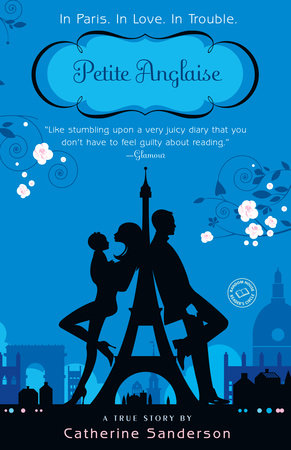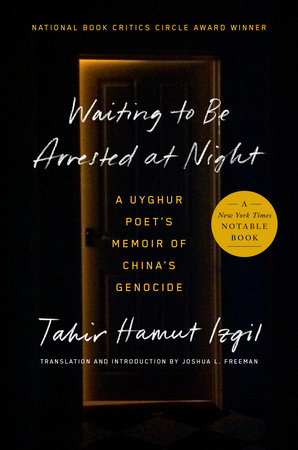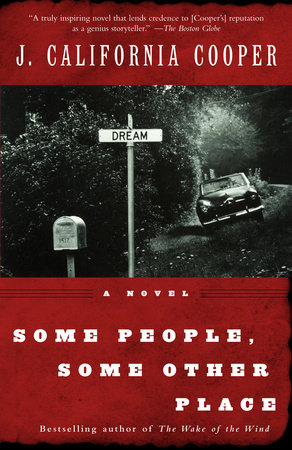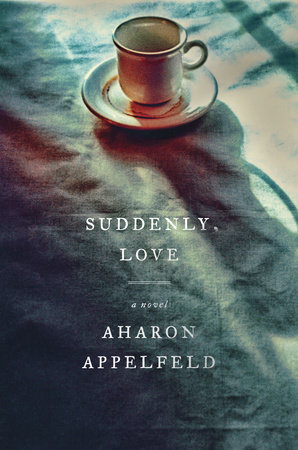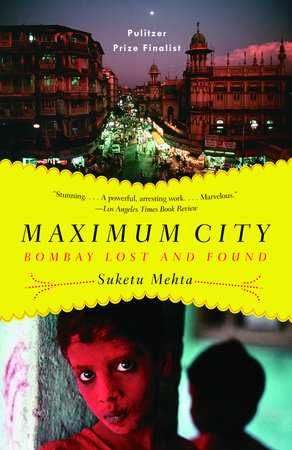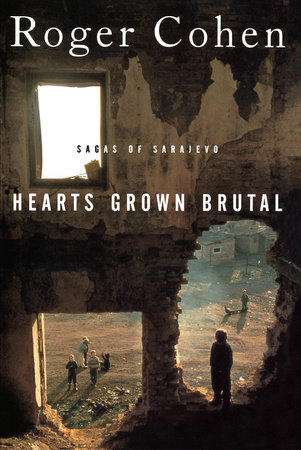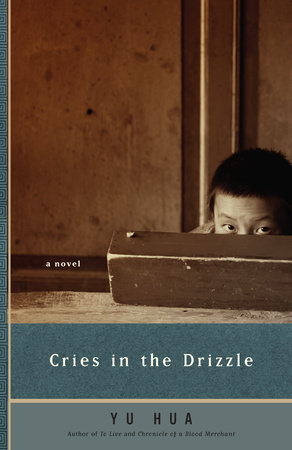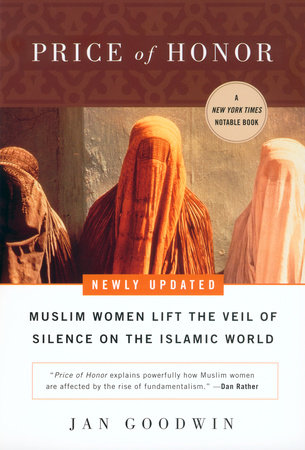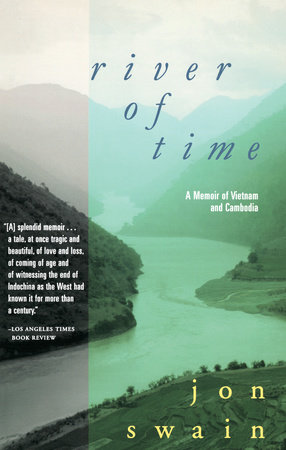Author Q&A
A Conversation with Catherine Sanderson
Random House Reader’s Circle: You began writing your blog as a diversion but it quickly became considerably more. You lay much of your life bare in your posts but now you’ve gone one step further by writing the book. What were your reasons for switching to another medium?
Catherine Sanderson: Writing Petite Anglaise, the book, is a project I’d been mulling over for a while. I knew I had plenty of material: my life, since I began blogging, had provided me with a natural story arc. What’s more, I’d developed and honed a writing style that many people seemed to enjoy, and I derived far more pleasure from writing than from my secretarial day job. The logical next step seemed to be taking Petite Anglaise to a wider audience, beyond the relatively narrow world of bloggers and blog readers.
While I was working full-time, however, writing a book seemed like an impossible dream. It was only when I was fired and the media got hold of the secretary-sacked-for-blogging-sues-her-employer story that taking time out to write the book became a real option. Publishers came knocking at my door, and I knew I owed it to myself to make the most of the opportunity they offered.
All the same, I was adamant I didn’t simply want to publish a compilation of blog entries in a diary format. I wanted to retell my story, filling in all the gaps I’d intentionally left along the way when events were still too fresh and raw to write about in full, shaping it into a linear narrative, which would read like a novel. I wanted to learn from the experience, mindful that it could be my stepping-stone toward a writing future.
RHRC: How else do the blog and the book differ?
CS: The style I’d developed for the blog–taking present-tense “snapshots” of emotionally charged moments–needed adapting for the book, which is told in the past tense, and with the benefit of hindsight. Knitting scenes together was a major challenge for me, as I’d only ever written stand-alone posts on my blog. Inevitably, the interactivity of the blog was lost, although I tried to preserve it here and there by building in a Greek chorus of commentators.
RHRC: Would you agree that the book goes one step further in terms of intimacy?
CS: I think it does, because when I came to write the book, I felt I was able to write many scenes I’d previously alluded to on the blog in an oblique way but never walked the reader through. Time had passed, wounds had healed. I also felt it was necessary to do more showing, and less telling or self-indulgent navel-gazing in the book. You’ll notice, however, that I still remain something of a prude as far as sex scenes are concerned!
RHRC: As parents, there are often things that we don’t tell our children for a whole host of reasons. When Tadpole is old enough to read and understand what you’ve written, what are you concerned most about her learning about you?
CS: The events described will be ancient history by the time Tadpole is old enough to read and understand the book, but I know both her father and I will have to discuss our separation with her before she reads it. She needs to comprehend that my portrayal of events was necessarily emotional and subjective, and that her father may well have a very different version of our story to tell.
My main concern when writing the book was to be fair to Mr. Frog so that I wouldn’t taint my daughter’s view of her father. As a result, I think Mr. Frog comes across as a very sympathetic “character” and, at times, an enigmatic one, because I don’t pretend to be able to read his mind.
As for me, since my story is told in the first person, all my human weaknesses are pretty much laid bare and I rarely shy away from showing myself in an unfavorable light. I imagine most things Tadpole will learn about me fall under the heading of “too much information,” but I hope she ’ll come to respect my honesty.
RHRC: You dedicate the book to Mr. Frog and Tadpole. Presumably Mr. Frog has read the book. What was his reaction?
CS: Mr. Frog actually had to read the book–as did all the other main characters–in order to sign off on my portrayal of his private life. He asked me to make a few very minor cosmetic changes and confessed he preferred the second half of the book to the first (for obvious reasons). But he also told me he was really proud of what I’d achieved and had finally fully understood the appeal of my writing, which was something he ’d failed to do when he read my blog.
RHRC: How would you describe your relationship with Mr. Frog now?
CS: I realized when I left Mr. Frog that whatever happens, we will be bound together by Tadpole for the rest of our lives. I’m really glad we’ve managed to hold on to the friendship which had always formed the cornerstone of our relationship. He has a close bond with Tadpole these days, but it’s not always smooth sailing, and I’m sure there will be some trying moments up ahead. He hasn’t embarked on any major relationship since we parted, and the day he does, I’ll have to
deal with the idea of another woman spending time with my daughter. And I’m now married and planning to have another child, which no doubt makes Mr. Frog feel a little odd too.
RHRC: Your love of Paris waxes and wanes throughout the book, often paralleling the shifts in your own sense of contentment with life. Do you find that this is still the case?
CS: I certainly fell out of love with Paris for a while. My horizons narrowed when my daughter was born and I entered a phase where all I really saw of Paris was the inside of my home, my office, and the métro. My unhappy state of mind–my discontentment with the relationship I was in–also skewed my perspective for a while. But it was definitely a temporary state, and I’m glad I didn’t make the mistake of leaving Paris, as planned. I grew to love the city again when I had more time to appreciate it, when my daughter no longer needed a pushchair, and when I no longer had to catch a métro every day and go to the office. And I haven’t looked back since.
Today I love living in Paris for the same reasons I did when I first arrived: the foreign language I speak every day, the food I eat, the beauty of my surroundings . . . it’s almost impossible for me to imagine living anywhere else now. I’ve spent my whole adult life in France and this is all I know.
RHRC: Early on in the book when you first begin your relationship with Mr. Frog you write that you began to “shrug off the uncomfortable sensation of being a perpetual outsider.” Have you been able to cast off that feeling independent of your relationships? Do you think it’s possible to feel at home in a country that isn’t your birthplace?
CS: I think to truly make a foreign country your home, you need to step beyond the comfort of expatriate circles and make native friends. It’s also the only way to establish a feeling of permanence, as expat friends are often only passing through.
As I tended to work in predominantly British or American offices, and the French often don’t socialize with colleagues outside the workplace, the most natural way for me to achieve this was to be in a relationship with a Frenchman and fall in with his group of friends. It’s what happened when I met Mr. Frog. When we separated, I went through a phase of socializing with expats, which felt like a step backward. Now I’m married to another Frenchman, and I’m learning new expressions, reading books he recommends to me, meeting his friends. I’m really engaging with the culture rather than just living in an apartment in Paris.
I suppose I have depended on my French partners to provide me with an “all-access pass,” to a large extent, although being the parent of a French child who attends school has helped me to feel integrated into French society too.
RHRC: When you first began your blog you wrote, “Little did I know that I had just unleashed a force which, within less than a year, would turn my life, and the lives of those dearest to me, inside out.” There is a faint note of regret but at the conclusion of the book you write that you would never wish that Petite Anglaise didn’t exist because it brought you to the place you are now. Do you still feel that way?
CS: I think it’s hard for me to regret any of the events triggered by the blog because I am so grateful for the opportunities that came my way as a result. It turned my life inside out, but in a good way.
RHRC: Did you ever reach a point at which you considered no longer posting on the blog? Is being a blogger as cathartic as it was in the beginning?
CS: I have occasionally toyed with the idea of no longer updating the blog. Once I’d finished writing the memoir, a part of me relished the prospect of taking a step back and allowing myself to live my life in private.
Blogging is definitely not as cathartic as it used to be. Partly because I try to deal with my problems off-line, these days. I realized when I was writing the blog that I’d often used posts as open letters to the men in my life, and decided it was unhealthy to manipulate people close to me in this very public way. And of course I’m also no longer anonymous, which has clipped my wings somewhat. It’s not that I mind readers knowing my name. They still don’t know me, and I will probably never meet most of them. The problem is that, by extension, other people I write about can be identified by their friends and families, even if I refrain from using their real names, and that poses certain ethical problems.
The upshot of all this is that I now blog less often, and I hold more back than I used to. But as long as writing the blog remains a pleasure, I can’t imagine shutting it down altogether.
RHRC: Many readers of your book may not yet have visited your blog. Can you tell us a little of what’s happened from where you left off in the book?
CS: The last chapter of the book took place in early April 2006. Shortly afterward, my boss discovered my blog and fired me because he felt certain entries concerning the office had “brought the firm into disrepute.” I closed down the blog for a few weeks while I tried to figure out what to do next and took legal advice. When I resumed, I blogged about the firing and the media frenzy which followed, about taking my employer to an employment tribunal (which I won), about the book deal, and about writing the blog Petite Anglaise . . . But I also continued to describe my daily life in Paris, my love life– which for a while meant my online dating exploits–and the new relationship I embarked upon a year ago with another, younger Frenchman (“The Boy”), whom I married in June 2008.
RHRC: What have been the most difficult and the most rewarding aspects of being a blogger?
CS: The most rewarding aspects of being a blogger have been the friendships I forged as a result and the pleasure I derived from writing it. Many of my closest friends in France and the U.K. are people I first met online. I’ve met people of all ages, from all walks of life, and it has been a hugely enriching experience. As for the writing, it made it possible for me to develop my own voice, to assess my strengths and weaknesses, and helped me to realize that you can hold people’s attention with an anecdote about reading your water meter if you write it well enough.
But there have been negatives too. I’ve had to develop an incredibly thick skin. Anonymous commentators can be very vicious.
When I publish an episode from my personal life, people don’t limit themselves to criticizing the way I wrote a particular post, they criticize me as a person. My honesty has been a double-edged sword too: I’ve been called selfish and narcissistic, shallow, unlikable, etc. At the end of the day I just have to keep reminding myself that many, many people seem to like what I do and empathize with what I write, but that I’ll never be able to please everybody.
RHRC: What advice would you offer to anyone aspiring to begin their own blog?
CS: To an aspiring blogger I would say think carefully each time you press the publish button and, if you can, define your boundaries before you begin. Do you want to name names and use photographs? Do you want to risk writing about work? Do you want to write things about your friends that you wouldn’t say to their faces? You have to weigh up the pros and cons. Writing can be hugely liberating and cathartic, but is a blog worth losing friendships over, or your job?
I got sucked into writing more personal posts gradually, over time, and my anonymity lulled me into a false sense of security. But it took a newspaper seconds to find out who I was. The devil is in the details. I’d once mentioned a former school I’d attended and, by cross-referencing that with my birth date, a journalist found me via a long-forgotten entry on a school reunion Web site.
RHRC: What can we expect next from Petite Anglaise and Catherine Sanderson?
CS: I’m currently putting the finishing touches to my first novel. I’m really enjoying channeling some of my own experiences into the new book but also having the freedom to invent as much as I like, in parallel. It’s liberating to be freed from the constraints of sticking religiously to real-life timelines and I’m also getting a kick out of developing my secondary characters without having to worry about overexposing the personal lives of real people.
As for Petite Anglaise, I’m definitely not ready to retire my online persona just yet, although I have no plans to write a sequel at this stage.
